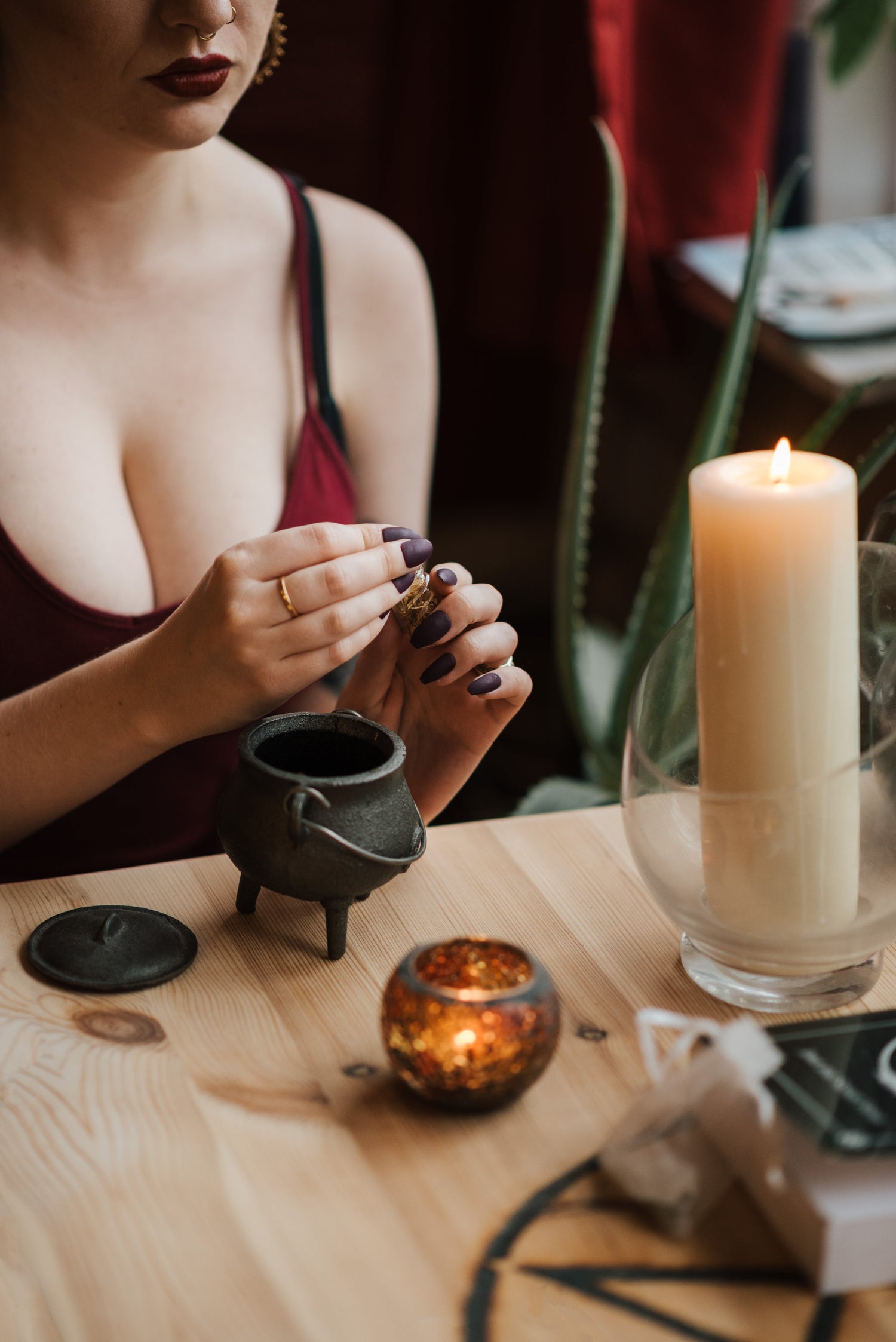In magical practice, ancestors are more than a memory—they are living threads in the tapestry of our spiritual lineage. Honoring and working with them can provide guidance, protection, and a deeper sense of connection to your personal and spiritual history. Ancestor work, sometimes called ancestral veneration or ancestor reverence, has been practiced across cultures for millennia, from African and African Diaspora traditions to Celtic, Norse, and East Asian folk practices. Across these traditions, the central principle is the same: the living can communicate with, honor, and learn from those who came before them.
Why Work with Ancestors?
Connecting with your ancestors offers profound benefits:
- Guidance and Wisdom: Ancestors carry the collective knowledge of your family line, including lessons learned, hardships endured, and traditions passed down. Invoking them can provide insight into life decisions, spiritual challenges, or creative endeavors.
- Protection: Many magical traditions invoke ancestral spirits to guard the home, family, or personal energy. These spirits act as a protective lineage, watching over you in ways that extend beyond your conscious awareness.
- Healing and Closure: Rituals can help process inter-generational trauma, honor lost relatives, and foster reconciliation with family histories. This type of work often has profound emotional and spiritual benefits.
- Strengthening Your Practice: Ancestor work roots your magical practice in lineage and continuity. Rather than practicing in isolation, you tap into a living heritage that grounds and enriches your work.
Historical records and folklore provide compelling examples. In Europe, cunning folk incorporated prayers and charms to ancestral spirits into their healing and divination practices. Emma Wilby’s Cunning Folk and Familiar Spirits details how spirits of the dead were consulted for guidance and magical assistance, while Ronald Hutton’s The Triumph of the Moon highlights the interplay of ancestral veneration and seasonal rituals in historical pagan households. Across the African Diaspora, hoodoo practitioners have long used ancestral guidance through ritual, divination, and offerings, blending African, European, and Native American traditions.
Setting Up an Ancestor Altar
One of the most tangible ways to connect with your ancestors is through an ancestor altar. A dedicated space provides focus and intention for your practice. Here’s a detailed approach to creating one:
-
Select Your Space
Choose a quiet, stable location in your home. This could be a corner of a room, a shelf, or even a small tabletop. The key is consistency—your altar should remain undisturbed and respected as sacred. -
Add Personal Items
Include photographs, heirlooms, or personal items that belonged to your ancestors. These physical connections help make the presence of your ancestors more tangible. -
Incorporate Natural Elements
Candles, stones, flowers, or water honor the spiritual presence of your ancestors. Seasonal flowers or herbs tied to family traditions can add depth and meaning. -
Create Offerings
Small bowls with water, food, herbs, or symbolic items act as tokens of respect. Offerings can be simple—fresh water, a pinch of salt, or a sprig of rosemary—and refreshed regularly or during special rituals. -
Use Symbols and Names
Include written names, sigils, or representations of your family’s heritage. These reinforce your intention and help focus your meditation or ritual work.
Ritual Practices for Connecting with Ancestors
Once your altar is established, you can begin incorporating rituals into your practice:
- Daily or Weekly Devotion: Light a candle or incense and speak to your ancestors. Express gratitude, ask for guidance, or simply sit in meditation. Even brief moments help maintain an ongoing connection.
- Ancestral Meditation: Visualize your lineage as a river flowing through time, imagining your ancestors’ lives, challenges, and lessons flowing into your present-day self.
- Seasonal Rituals: Important dates, like All Souls’ Day, Samhain, or family anniversaries, are ideal times to perform more elaborate rituals. These can include offerings, prayers, or divination to honor and seek guidance from your ancestors.
- Divination with Ancestors: Tools such as tarot, pendulums, runes, or ogham can be used to communicate guidance from ancestral spirits. Begin with a quiet invocation and hold the intention of connecting with your lineage during the reading.
Approach these practices with patience, respect, and consistency. Like any magical work, the relationship deepens over time.
Common Tools for Ancestor Work
While your altar can be simple, certain tools enhance the practice:
- Ancestor Altars: A dedicated space for offerings, rituals, and remembrance.
- Offering Bowls: Small dishes to hold water, food, herbs, or symbolic tokens.
- Candles: Represent presence, memory, and spiritual energy.
- Incense or Herbs: Frankincense, sage, lavender, or rosemary can cleanse the space and invite spirits.
- Divination Tools: Tarot cards, pendulums, or runes for insight and guidance.
Starting Your First Ancestor Ritual
For beginners, here’s a simple, practical ritual:
- Clean your space and set up your altar with a photo or name of your ancestor.
- Light a candle and place a small offering in a bowl (water, salt, or a favorite food of the ancestor if known).
- Speak aloud, introducing yourself and your intention to honor them.
- Close your eyes and meditate for a few minutes, imagining a connection forming.
- When finished, thank your ancestors and leave the offering for a day or two before removing or refreshing it.
Closing Thoughts
Ancestor work is a deeply personal and transformative practice. It invites you to engage with your family history, honor those who came before, and draw on the wisdom embedded in your lineage. Even if your ancestry is partially unknown, ancestral energy can still be honored through intention, ritual, and reflection.
By creating a dedicated altar, making offerings, and practicing regular rituals, you form a living relationship with your roots—bridging past and present in a magical, spiritual practice that enriches both your craft and your life.


